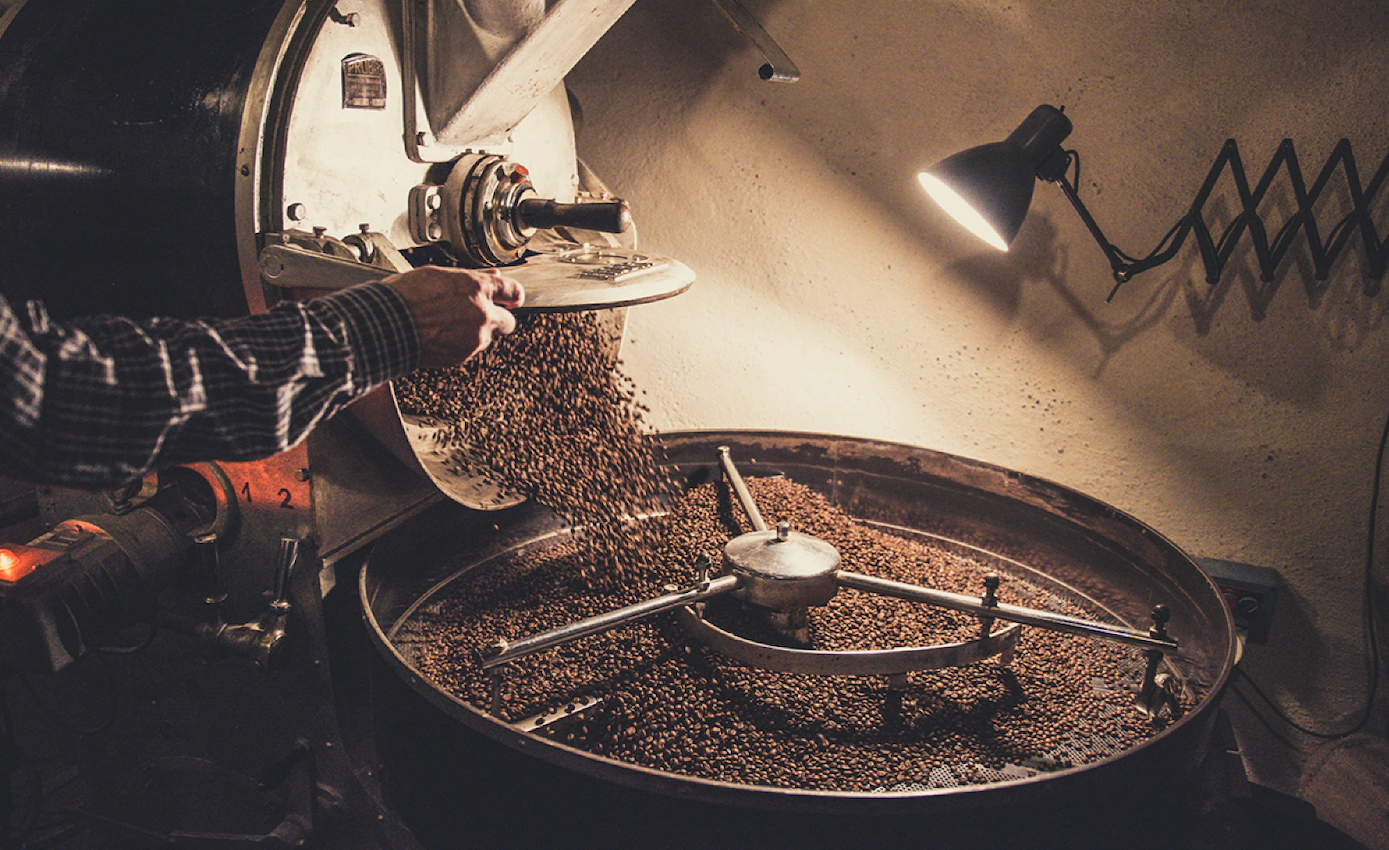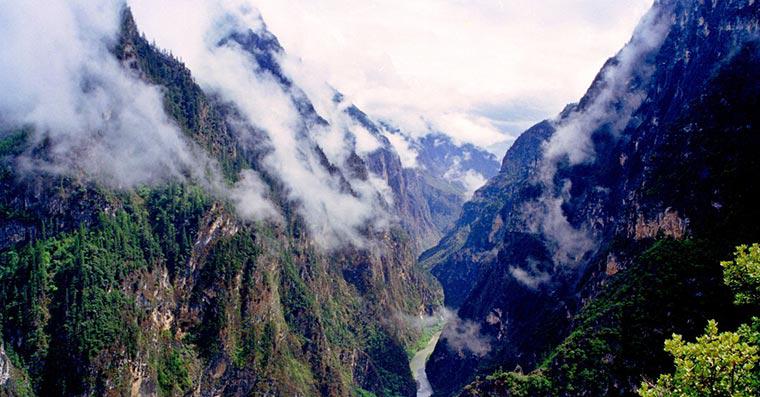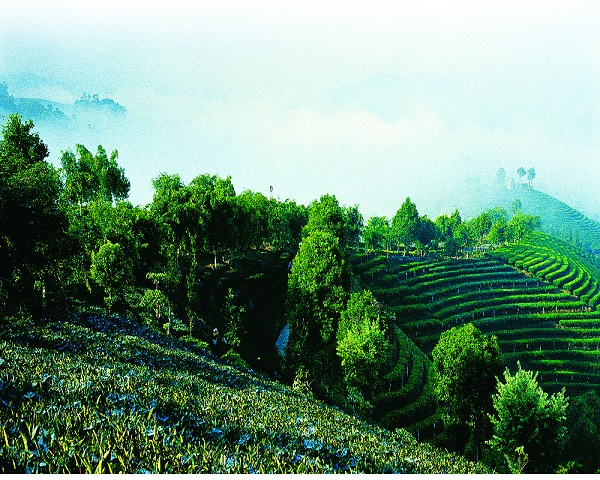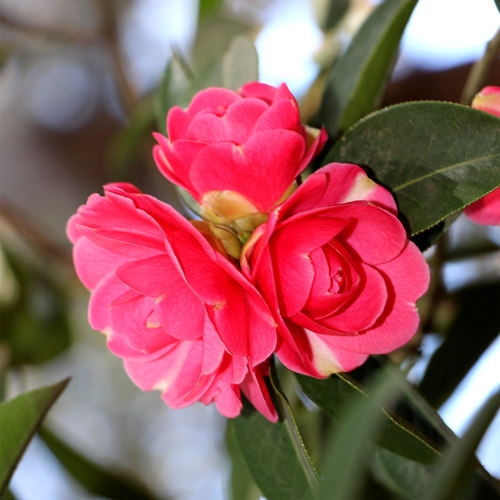
Yunnan Coffee 2

Located in the southwest corner of China, Yunnan borders Myanmar, Laos, and Vietnam, all countries renowned for their coffee production as well as their cafe culture. Much like that of its neighbors, Yunnan’s coffee originated in the late 19th century after French missionary Father Alfred Lietard, who used the Chinese name Tian De Neng, sought to create a personal cup for himself by planting Arabica beans in the valleys and villages near the city of Binchuan.
After Tian’s experiment, coffee from Myanmar was imported to create a small-scale farm in the 1950s, but by the 1970s, coffee production had decreased significantly. Some suspected coffee rust was the primary culprit for the drastic decrease, so the region’s top agricultural institution — Dehong Tropical Agricultural Institute of Yunnan — sought to solve the problem by introducing rust-resistant plants to the area. The Coffee Rust Research Center and the Tropical Research Institute in Portugal provided Catimor, which ultimately won out over other rust-resistant varieties to become the sole coffee crop of the area.
Seeing the potential in coffee’s production, the Yunnan provincial government teamed up with Nestle in 1988, hoping to turn it into their next cash crop — an endeavor that continues to have its fair share of challenges but has proved to be worth the region’s investment.
Yunnan’s beans have been shipped globally, and local traders have partnered with the likes of Nescafé, the Coffee Quality Institute, and Starbucks to ensure continued international trade as well as a better livelihood for their farmers. This specialty coffee has been a staple of third-wave cafe culture across America since 2018, a trend that most experts agree will only continue as the coffee gains exposure.
Due to its proximity to the Tropic of Cancer, Yunnan has a climate that draws comparison to that of Indonesia and Colombia, but the province’s unique latitudinal position creates an interesting complexity in its bean. Due to the lower temperatures that occur at higher altitudes at night, the coffee faces a slower maturation process. This creates an overall sweeter bean upon yield. Additionally, the elevation allows for better draining of the plants, leaving the flavors in Yunnan’s coffee more concentrated with lower levels of hydration. The beans from the region have a mix of phosphoric and malic acid that gives Yunnan coffee a fruity and bright flavor.
With its unique flavor profile and the region’s conservative efforts to advance its farming, Yunnan coffee’s popularity is growing in the specialty coffee industry. For those interested in trying it, a number of specialty shops both embracing artisanal coffee and Chinese culture are known to sell it, and some will ship it to your door.
Photo Credit: Unsplash
Reference: Coffeeordie
If there's any copyright issue involved, please contact us to delete.



